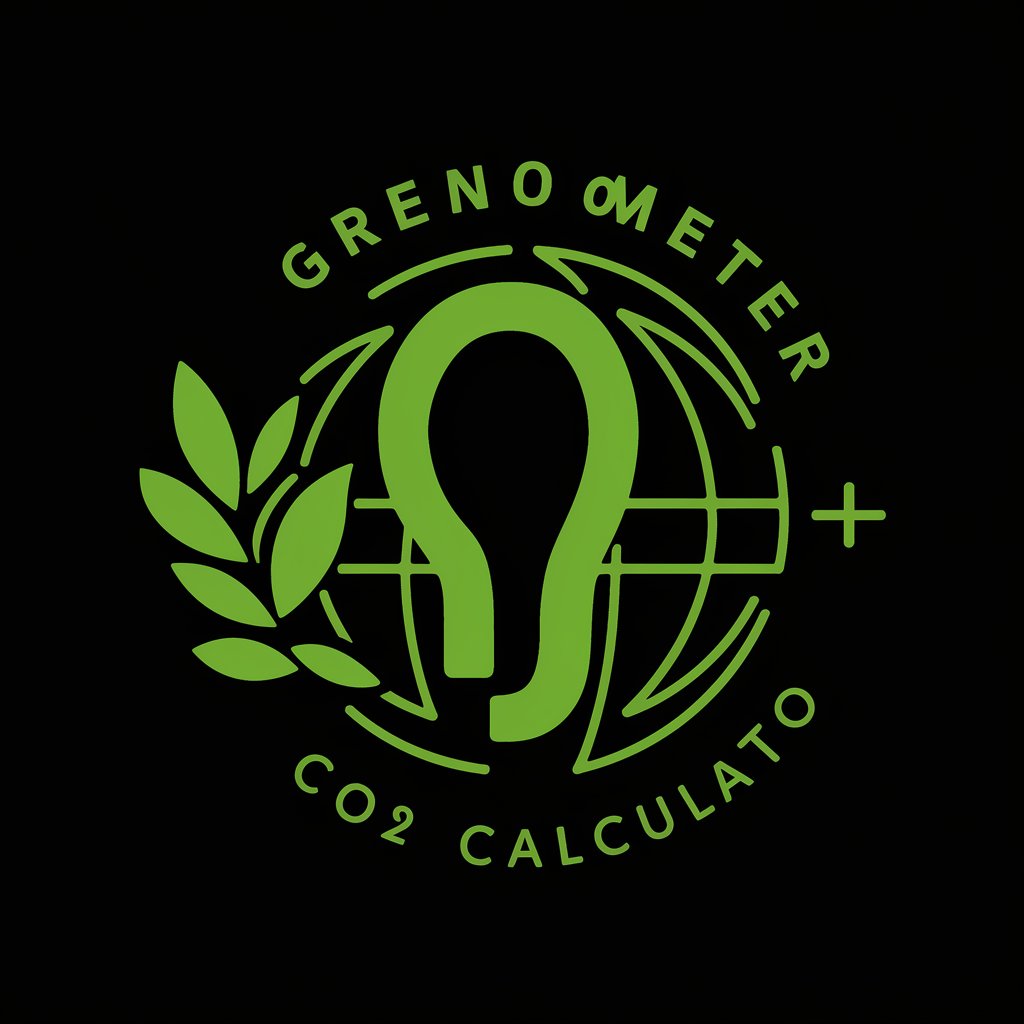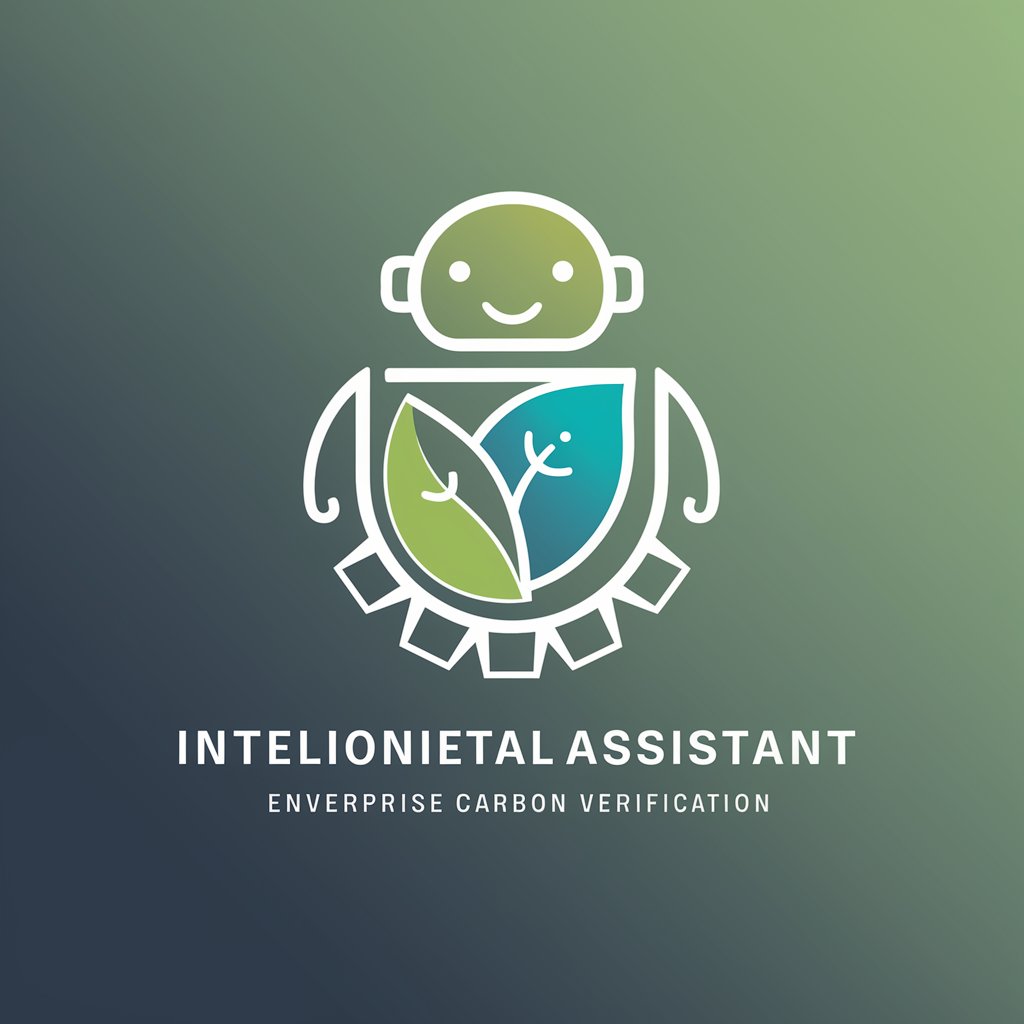3 GPTs for Carbon Accounting Powered by AI for Free of 2026
AI GPTs for Carbon Accounting are advanced tools that leverage Generative Pre-trained Transformers (GPTs) technology to address and manage tasks related to carbon accounting. These tools are designed to interpret, analyze, and generate reports on carbon emissions data, facilitating the tracking of carbon footprints for individuals, companies, and governments. The integration of AI GPTs in carbon accounting represents a significant step forward in utilizing artificial intelligence to enhance environmental sustainability efforts, offering precise and adaptable solutions for measuring, reporting, and reducing carbon emissions.
Top 3 GPTs for Carbon Accounting are: Carbon Footprint Calculator,Green0meter CO2 Calculator,双碳AI大模型
Key Attributes of AI GPTs in Carbon Management
AI GPTs tools for Carbon Accounting stand out for their adaptability and comprehensive capabilities in handling carbon emissions data. These include natural language processing for understanding and generating human-like reports, advanced data analysis for accurate carbon footprint calculations, and the ability to tailor solutions ranging from basic emissions tracking to complex sustainability planning. Special features may encompass technical support for integrating with existing environmental management systems, web searching for real-time data on carbon emissions, and image creation for visualizing carbon data trends.
Who Benefits from AI-Powered Carbon Accounting?
The primary users of AI GPTs tools for Carbon Accounting span from eco-conscious individuals seeking to monitor their carbon footprint, to developers looking to create custom carbon tracking applications, and professionals within environmental, sustainability, and corporate sectors aiming to comply with regulations and reduce emissions. These tools are accessible to users without programming knowledge, offering easy-to-use interfaces, while also providing extensive customization options for those with technical expertise.
Try Our other AI GPTs tools for Free
Eco Planning
Explore AI GPTs for Eco Planning, innovative tools designed to transform ecological and environmental planning through AI-driven insights and solutions.
Assessment Structuring
Discover how AI GPTs for Assessment Structuring can revolutionize the creation, management, and analysis of educational and professional assessments with customizable, efficient, and user-friendly tools.
Streaming Selection
Discover how AI GPTs for Streaming Selection transform content discovery with personalized recommendations, enhancing your viewing experience.
Synopsis Provision
Unlock the power of AI to digest information quickly with GPT-based Synopsis Provision tools, designed for easy use and tailored solutions across fields.
AI Support
Discover how AI GPT tools for AI Support revolutionize learning, development, and problem-solving in artificial intelligence, making it accessible to all skill levels.
GPT Guidance
Explore AI GPTs for GPT Guidance, your go-to solution for personalized, AI-powered assistance across a wide range of tasks and topics. Designed for everyone from beginners to experts.
Expanding the Horizon with AI in Carbon Accounting
AI GPTs for Carbon Accounting are not just tools for tracking and reporting; they represent a paradigm shift towards a more sustainable future. Their ability to analyze vast datasets and generate actionable insights makes them invaluable across sectors. Furthermore, their user-friendly interfaces and integration capabilities ensure that they can fit into various operational workflows, enhancing the overall approach to environmental management and sustainability.
Frequently Asked Questions
What exactly are AI GPTs for Carbon Accounting?
AI GPTs for Carbon Accounting are artificial intelligence tools designed to analyze, report, and advise on carbon emissions data, leveraging GPTs technology to provide accurate and user-friendly solutions for carbon management.
Can non-technical users utilize these tools effectively?
Yes, these tools are designed with user-friendly interfaces that require no coding skills, making them accessible to non-technical users who wish to track and manage carbon emissions.
How do AI GPTs improve carbon accounting processes?
They streamline the carbon accounting process by automating data analysis, generating comprehensive reports, and offering insights for reducing emissions, significantly improving efficiency and accuracy.
Can these tools be integrated with existing systems?
Yes, many AI GPTs for Carbon Accounting offer API support and technical documentation, enabling seamless integration with existing environmental management systems.
What customization options are available?
Developers can access various APIs and programming interfaces to tailor the tools' functionalities, ranging from basic customization of reports to the development of complex carbon management applications.
How do these tools handle real-time data?
AI GPTs can leverage web searching capabilities to fetch real-time emissions data, ensuring that carbon accounting is based on the most current information available.
Are there any specific industries that benefit more from these tools?
While beneficial across various sectors, industries with significant carbon footprints such as manufacturing, energy, and transportation can gain particular advantages through detailed emissions tracking and reduction planning.
What support is available for users needing assistance?
Most tools offer comprehensive technical support, including documentation, user guides, and customer service, to assist users in maximizing the benefits of the tools.


